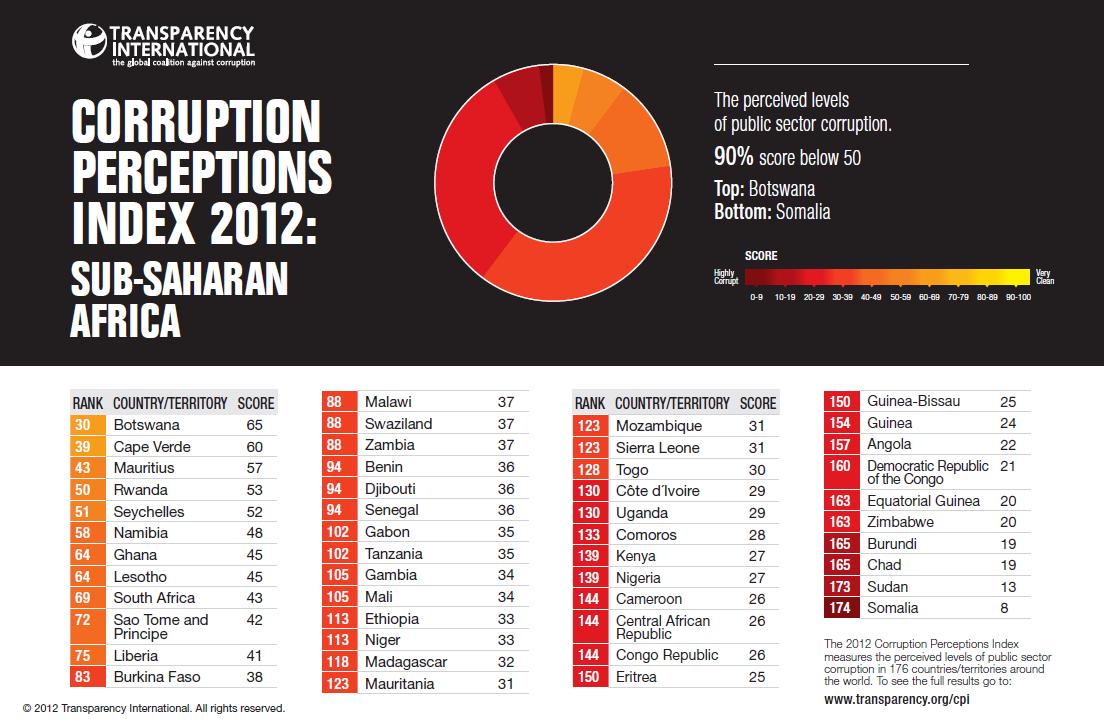Sunday 13 December 2015
Court orders Navy to pay N200m over illegal detention of vessel
Friday 11 December 2015
Writing books as a woman is challenging – Djevwudu
Wednesday 9 December 2015
Japanese mobile phone that can be cleaned with soap
The device, named Digno Rafre, can be "cleaned as thoroughly as a piece of tableware" and will be released in Japan next week.
A Japanese mobile phone company has created a phone which it claims can be washed with soap without any damage to the device.
On the average, a mobile phone is thought to be covered in more bacteria than the average toilet, which means mobile phones harbor numerous germs from clothing and hands.
British online tabloid Mirror.co.ukreports that Japanese company Kyocera has designed a new phone that can be cleaned with soap and water.
READ: Indigenous mobile advertising app officially launched
The device, named Digno Rafre, can be "cleaned as thoroughly as a piece of tableware" and will be released in Japan next week.
The developers of the phone have not released any information on what keeps the phone working while wet except that it has no speaker and transmits sound through “connective tissue” as opposed to a traditional speaker.
The phone will run Android 5.1, sport a 13MP camera and measure 5-inches in length. It will cost £310 but unfortunately, will not be released outside Japan.
Monday 7 December 2015
Buhari Presides Over Emergency FEC Meeting
Tuesday 1 December 2015
75 million Africans Paid A bribe in 2014
– Governments establish right to information and whistle-blower protection legislation to facilitate the role of civil society in making public institutions more transparent, accountable and corruption-free.
– Governments show a sustained and deep commitment to acting on police corruption at all levels by promoting reforms that combine punitive measures with structural changes over the short- and medium-term. Cracking down on petty bribery has direct impact on the most vulnerable in society.
– The African Union and its members provide the political will and financing needed to implement the review mechanism established for its anti-corruption convention.




